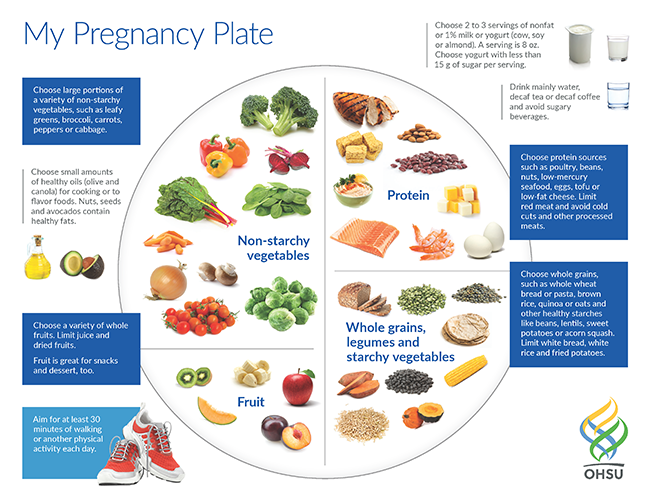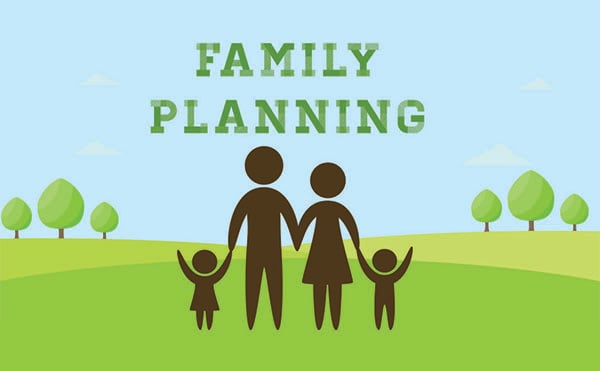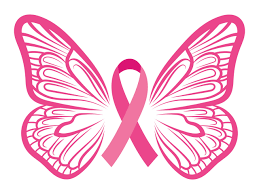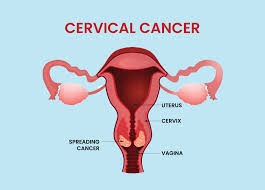Pregnancy is a beautiful and transformative journey that requires special attention to your nutrition. What you eat not only supports your own health but also plays a vital role in your baby’s growth and development.
Eating well during pregnancy can help reduce complications, boost energy, and set the stage for a healthy delivery and postpartum recovery.
🌟 Key Nutritional Needs During Pregnancy
1. Increase Your Calorie Intake Wisely
You don’t need to “eat for two” in terms of doubling calories. Instead, focus on adding about 300 extra calories daily in the second and third trimesters—preferably from nutrient-dense foods.
2. Prioritize Protein
Protein is essential for building your baby’s organs and tissues.
-
Aim for about 75–100 grams per day.
-
Good sources include lean meats, poultry, fish, eggs, dairy, beans, lentils, tofu, and nuts.
3. Eat Plenty of Fruits and Vegetables
These provide vital vitamins, minerals, antioxidants, and fiber that help prevent constipation and support your immune system.
-
Aim for at least 5 servings a day.
-
Choose a variety of colors for a broad nutrient range.
4. Focus on Whole Grains
Whole grains like brown rice, quinoa, oats, and whole wheat provide energy and fiber to keep you feeling full and support digestion.
5. Don’t Forget Healthy Fats
Healthy fats support brain development in your baby.
-
Include sources like avocados, nuts, seeds, olive oil, and fatty fish (e.g., salmon).
-
Avoid high-mercury fish like shark, swordfish, and king mackerel.
6. Stay Hydrated
Water supports blood volume expansion and amniotic fluid levels.
-
Drink at least 8–10 cups (about 2–2.5 liters) of water daily.
-
Limit sugary drinks and caffeine.
🛡️ Important Nutrients for Pregnancy
-
Folic Acid: Crucial for preventing neural tube defects. Found in leafy greens, fortified cereals, and supplements. Aim for 600 mcg daily.
-
Iron: Supports increased blood volume and prevents anemia. Sources include lean red meat, beans, spinach, and fortified cereals.
-
Calcium: Needed for strong bones and teeth. Found in dairy products, leafy greens, and fortified plant-based milks.
-
Vitamin D: Works with calcium for bone health. Found in fatty fish and fortified foods; sun exposure also helps.
-
Omega-3 Fatty Acids: Important for brain and eye development. Include sources like salmon, walnuts, and flaxseeds.
❌ Foods to Avoid During Pregnancy
-
Raw or undercooked meat, eggs, and seafood (risk of infections)
-
Unpasteurized dairy products and juices
-
High-mercury fish (as mentioned earlier)
-
Excess caffeine (limit to 200 mg/day)
-
Alcohol and recreational drugs
🥗 Sample Daily Meal Plan
-
Breakfast: Oatmeal topped with berries, chia seeds, and a glass of fortified orange juice
-
Snack: Greek yogurt with sliced almonds
-
Lunch: Grilled chicken salad with mixed greens, avocado, tomatoes, and olive oil dressing
-
Snack: Carrot sticks with hummus
-
Dinner: Baked salmon, quinoa, steamed broccoli
-
Hydration: Water throughout the day, herbal teas (pregnancy-safe)
Final Thoughts
Good nutrition during pregnancy lays the foundation for your baby’s lifelong health and your well-being. Focus on balanced meals rich in whole foods, stay hydrated, and take any prenatal supplements recommended by your healthcare provider.
If you have specific dietary concerns or health conditions, always consult your doctor or a registered dietitian for personalized guidance.





Comments (0)
Leave a Comment
No comments yet. Be the first to share your thoughts!